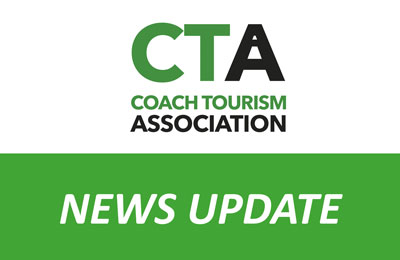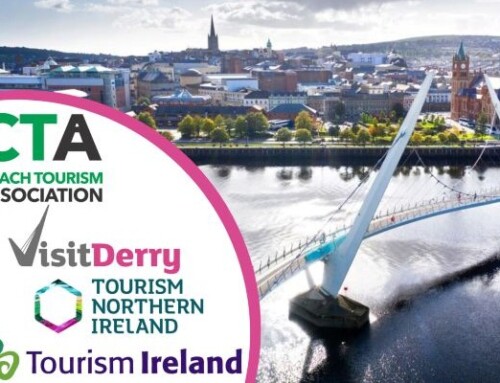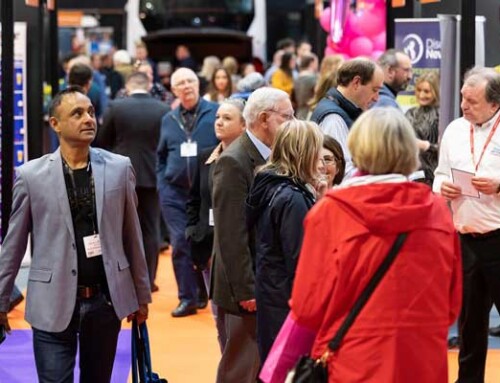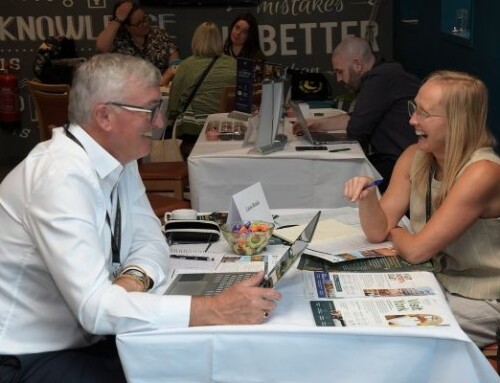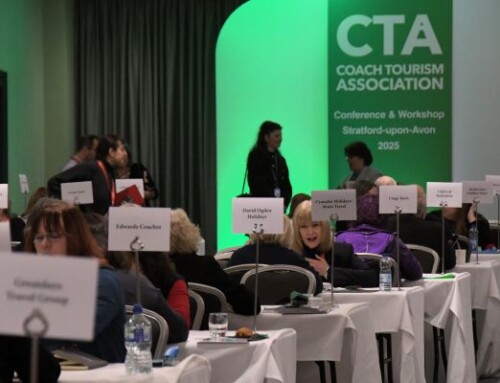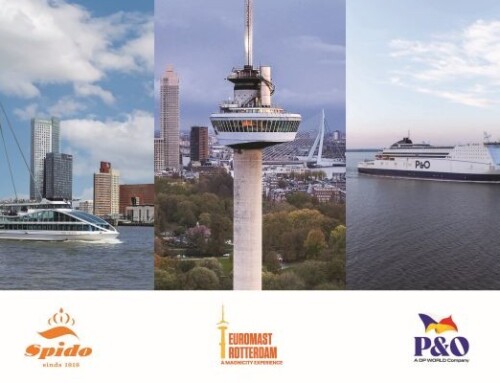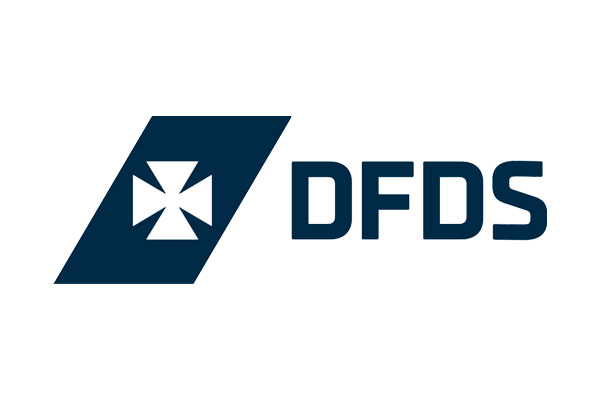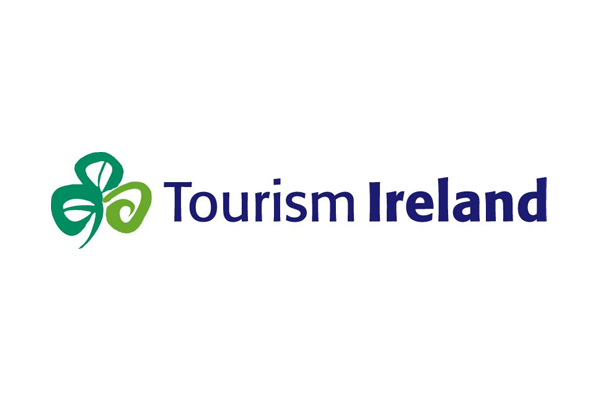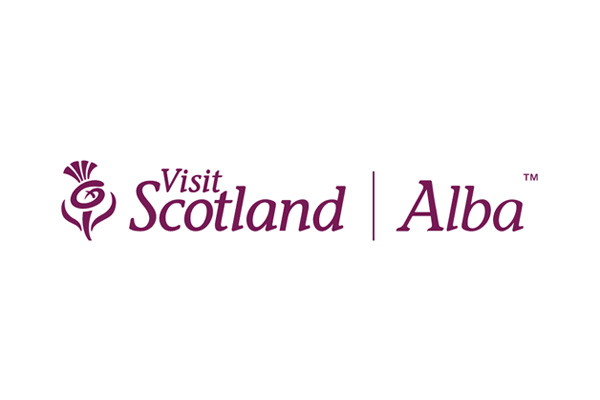COVID-19 Updates – week commencing 22/03/21
More updates of developments from the government and various links to interpretation and guidance.
Go to date:
22 March 2021 …
Tourism Alliance update:
Some good news to start the week. The ARG guidance has been changed to ask councils to encourage councils to provide grants to your members. Para 27 now reads:
Local Authorities are encouraged to support businesses from all sectors that may have been severely impacted by restrictions, but are not eligible for the Restart Grant scheme. This may include, but is not limited to, group travel and tour operators, other tourism businesses (including B&Bs and event industry suppliers), wholesalers, English language schools, breweries, freelance and mobile businesses (including caterers, events, hair, beauty and wedding related businesses), wraparound care providers, and other businesses that may have not received other grant funding. This list is not directive nor exhaustive, and Local Authorities should continue to issue grants at their discretion, based on local economic needs.
The guidance on the restart Grants and the new £425m ARG grant have been published
Restart Grants
The restart grants are available to non-essential retail businesses and businesses in the hospitality, accommodation, leisure, personal care and gym sectors. The rates that apply for the hospitality, accommodation and leisure businesses are:
- £8,000 for businesses with a rateable value of up to and exactly £15,000
- £12,000 for businesses with a rateable vale over £15,000 and less that £51,000
- £18,000 for businesses with a rateable value of exactly £51,000 or greater
There is a full list of the types of business that are eligible for the grants in Annex C of the guidance but the general definitions are:
Hospitality
-
- a business whose main function is to provide a venue for the consumption and sale of food and drink
Leisure
-
- a business that provides opportunities, experiences and facilities, in particular for culture, recreation, entertainment, celebratory events, days and nights out, betting and gaming
Accommodation
-
- a business whose main lodging provision is used for holiday, travel and other purposes.
Gym & Sport
-
- a commercial establishment where physical exercise or training is conducted on an individual basis or group basis, using exercise equipment or open floor space with or without instruction, or where individual and group sporting, athletic and physical activities are participated in competitively or recreationally.
Of particular disappointment is that there is a specific paragraph that states that the definition of a leisure business excludes coach tour operators and tour operators.
ARG Guidance
The ARG guidance has been updated to include the additional £425m announced in the Budget. This funding it to be allocated from 1 April 2021. While the conditions for the new ARG round are essentially the same as previously, it is worth noting that previous guidance for the Additional Restrictions Grant indicated that businesses must have been trading before relevant restrictions were introduced in order to be eligible. This is no longer the case. All businesses that are trading and meet other eligibility criteria may apply to receive funding under this scheme. There is no starting date from which businesses must have been trading in order to qualify for grant funding.
It is also worth noting that Local Authorities have until 30 June 2021 to prove that they have spent or made a validated attempt to spend 100% of their first two ARG allocations. This is to speed up the allocation of the existing £1.6bn in ARG funding as only around 12% of this was spend when the last figures were published.
Events Research Programme ToR
The terms of reference for the Events Research Programme have been published. This is one of the four reviews announced alongside the Roadmap and is being undertaken to support the opening of large scale events. The objective of the research programme is to oversee a range of pilot events in Spring/Summer which will build evidence on the risks associated with Covid-19 transmission routes, the characteristics of events and surrounding activities, and the extent to which mitigation measures can effectively address these risks. The evidence from these pilot events will be used to inform the government’s decision around Step 4 of the roadmap and will shape government policy to bring about the phased return of fuller audiences to venues and events up and down England.
Destination Management Organisations Consultation Launched
The DMO consultation has been launched. The main questions in the consultation are:
- What do you feel works well overall about the current ways in which DMOs are structured and operate in England?
- what do you think could work differently or could be improved about how DMOs are structured and operate in England?
- Why should there be DMOs?
- What should DMOs do to be at their best?
- Who and/or what do you think benefits from the work DMOs carry out?
- What examples do you have of DMOs demonstrating their value and/or Returns on Investment to stakeholders?
- What views do you have about the ways in which DMOs are funded currently, and how this could change?
- What views do you have about the ways in which individual DMOs are structured currently, and how this could change?
- What do you think works well about how DMOs work with:
- a) other DMOs;
b) local/regional tourism businesses; and
c) other relevant sectors currently, and what could work better? - What do you think works well about how DMOs work with other local structures (e.g. local authorities, local enterprise partnerships, mayoral combined authorities, universities, etc), and what could work better?
- What do you think works well about how DMOs currently work with the British Tourist Authority (VisitBritain/VisitEngland), and how could this work better?
- What do you think works well about how DMOs currently work to support business visits and events, and how could this work better?
- How do you think DMOs can best support government priorities, both locally and nationally?
- What lessons do you think can be learned from other historical and/or international models for structuring and/or funding DMOs?
- How can DMOs best support the recovery and rebuilding of the tourism sector over the next year both in terms of leisure and business tourism, following the COVID-19 pandemic?
- What risks do you see for the potential for DMOs to support the recovery and rebuilding of the tourism sector, again both in terms of leisure and business tourism, over the next year?
- What do you see as the biggest opportunities for DMOs over the next ten years?
- And what do you see as the biggest challenges for DMOs over the next ten years?
- What one thing do you think could be done to ensure the financial and organisational sustainability of DMOs over the next ten years?
The consultation will close on Wednesday 28th April and submissions can be make through the Online Survey on the following link
This is a very important consultation for the future of sub-national tourism support and development, so I’m in the process of organising a seminar on this for Tourism Alliance members in the week of 19th April and will send round more details on this next week.
Business Adaptation to Coronavirus
ONS has produced data on how businesses have adapted to lockdowns during the pandemic by finding ways to continue trading in some form. The data show that the number of businesses that have closed completely during the current lockdown is considerably lower than during the first lockdown last year. For example
54% of food service and accommodation businesses are currently closed compared to 81% in the first lockdown
56% of arts. entertainment and recreation businesses are currently closed compared to 82% in the first lockdown
While this can be seen as businesses becoming more innovative, it could also be seen as a sign that businesses are increasingly desperate for any revenue. It is also worth noting that:
overall, only 12% of all businesses are closed
The percentage of people working in their normal workplaces is increasing – from 37% in the first lockdown to 44% now – which is a trend that will help support hospitality and tourism businesses in city centres when they reopen.
Lateral Flow Test Sites
The Government has launched an online postcode checker so you can see if new rapid lateral flow testing is available in your area. These tests are free and results are available in 30 minutes so they are an important component in a covid management regime.
https://www.gov.uk/find-covid-19-lateral-flow-test-site
Guidance for Temporary Residents
The Home Office guidance for those people in the UK in temporary visas that intend to leave the country but have not been able to do so has been updated again to say that if they have a visa that expires before 30 April 2021, they can request additional time to stay (exceptional assurance) by emailing cihassuranceteam@homeoffice.gov.uk
R Number and Growth Rate
And because it’s the end of the week, we have the latest R number and Growth Rate – which are respectively 0.6 to 0.9 and -6% to -3%. This is a slight increase from last week’s figures of 0.6 to 0.8 and -7% to -4%
https://www.gov.uk/guidance/the-r-number-in-the-uk
Show Rounds
One clarification from DCMS that has come through today is that, from March 29, visiting a business event venue for the purpose of viewing the venue for a future booking for a work-based event is permitted if this cannot be reasonably done from home (Covid Secure Safety guidelines must be adhered to while doing this). Viewings where there is not a permitted exemption for work purposes or otherwise, should not be taking place in closed venues at this time.
In practice that means venue viewings for leisure activities is being treated differently to venue viewings for business activities as the former is restricted while the latter is permitted under the current guidelines. So this means that a show round for a conference or meeting is allowed but a show round for a leisure trip or a wedding is still not allowed.
ALVA Attractions Recovery Tracker
ALVA has just published the latest wave of their recovery tracker. The survey highlights that consumer confidence is increasing rapidly on the back of the successful roll-out of the vaccine
The key findings are:
Since end January there has been a notable positive shift in confidence around visiting attractions when they re-open. This growth in confidence at a time when a ‘re-opening roadmap’ was announced is particularly impressive given that the May 2020 lockdown easing announcement saw confidence fall
The increase in confidence over the past month has been driven by those who have been lower on confidence throughout the pandemic – particularly older people (aged 40+)
The growth in confidence has also been driven by those living in the south of England and Scotland, with the Midlands and North of England yet to see the same increases
The positive and safe visit experiences at attractions in 2020 have helped to lay the foundations for visitor confidence in 2021, now that anxiety appears to be easing
This easing of anxiety and growth in confidence is being driven primarily by less concern around new variants and high infection rates, plus perceived success around the vaccine rollout
The recent positive impact of the vaccination programme on public confidence has been particularly noteworthy – having the first vaccine dose now increases the proportion saying they will visit any attraction from 47% to 57% (+10%). This compares with an uplift of just 44% to 48% (+4%) at end January
Vaccines are having a strong positive impact on visit confidence across all age groups, although impact is lower in the Midlands and North of England regions at present (uplift of +6%)
The impact of the vaccine is even more effective in encouraging the fearful to at least consider a visit – moving people from ‘unlikely to visit for a long time’ to ‘wait and see what happens for a short while’
DFT Travel Tracker
DFT has published the third wave of their Travel Tracker – which cover November so it’s somewhat ancient history now. However, it does show that people are very hesitant about using public transport. During the November lockdown, 65% of people drove a car, but only 13% of people took a train and 24% of people took a bus.
https://www.gov.uk/government/publications/covid-19-travel-behaviour-during-the-lockdown
DCMS Provision GVA Analysis – 2019 and 2020
DCMS has published data on the monthly GVA of sectors under it’s responsibility. The data shows that tourism’s GVA in 2020 decreased from £70.3bn to £48.7bn – a decrease of 31%.
It is worth noting that I have an ongoing conversation with ONS about the Tourism Satellite Account figures which are used to calculate tourism GVA and employment. ONS have accepted that there are severe problems with how tourism GVA and employment is calculated which means that these figures significantly under-estimate the contribution of tourism to the UK economy. My estimation is that the GVA figure is about £15bn lower than it should be. Nevertheless, these figures are good at highlighting the relative decrease in GVA during 2020.
https://www.gov.uk/government/statistical-data-sets/ad-hoc-statistical-analysis-202021-quarter-4
£500 Payment Update
This one is for employees – the Government has updated the guidance associated with the one-off £500 payment that is being made to households that receive tax credits. The update is to clarify that the payment is non-taxable and will not affect benefits. It does not need to be declared as income for Income Tax Self Assessment or for tax credit claims and renewals.
https://www.gov.uk/guidance/new-one-off-500-payment-for-working-households-receiving-tax-credits
Environment Agency Update
The Environment Agency has updated it’s guidance on what water-based activities (including water sports and boating) are allowed at different stages of the Roadmap
Northern Ireland Relaxations
The Northern Ireland Executive has agreed to gradual changes which will come into effect before the next formal review date on or before 15 April.
From 1 April, the regulations will change to:
Permit ten people from two households to undertake outdoor sporting activities as defined in the regulations. This allows sports such as golf and tennis to resume from this date in small groups of individuals from two households, however club houses and sport facilities including changing rooms, showers, kitchens, meeting rooms must remain closed apart from essential toilet facilities.
Up to six people (including children) from two households may meet outdoors in a garden
Garden centres and plant nurseries can operate a contactless click and collect service.
From 12 April, it the Executive hopes to:
Increase the numbers who can meet outdoors in a garden from six to ten (including children) from two households;
Allow contactless click and collect service for all non-essential retail;
Allow for sports training to resume by sports clubs affiliated with recognised Governing Bodies, in small groups of up to fifteen people but with all indoor spaces closed except for essential toilet facilities
Remove of the ‘stay at home’ provision in the legislation; promotion of the stay local and work from home messages
24 March 2021 …
Tourism Alliance updates:
Welcome Back Fund
The Communities Secretary has announced a new £56 million Welcome Back Fund to boost tourism, improve green spaces and provide more outdoor seating areas, markets and food stall pop-ups. Part of this funding will be allocated specifically to support coastal areas, with funding going to all coastal resorts across England to safely welcome holiday makers in the coming months. The funding can also be used by councils to:
- Boost the look and feel of their high streets by investing in street planting, parks, green spaces and seating areas to make high streets as beautiful and welcoming as possible
- Run publicity campaigns and prepare to hold events like street markets and festivals to support local businesses
- Install signage and floor markings to encourage social distancing and safety
- Improve high streets and town centres by planting flowers or removing graffiti
Here is a link to how much from this fund has been allocated to each council in England
Guidance on Outdoor Sports and Facilities
New guidance has been issued related to the relaxation of rules on social contact that comes into effect on Monday 29th March as part of Step 1b. This relaxation of social contact rules to allows people to meet in groups of up to six people or two separate households. This allows the restarting of certain sorts activities and facilities. So, from Monday:
- Outdoor sport for adults and children is permitted in larger numbers, provided it is formally organised (for example, by a national governing body or a qualified instructor
- Where the sport is informal, it is limited to the Rule of 6 or two households
- Personal training is permitted outdoors, in outdoor sport facilities, and in private gardens, where it is formally organised and follows COVID-secure guidance.
- Organised sport participation events such as races and organised walks can take place outdoors and are exempt from legal gathering limits provided they are managed in a Covid Secure manner
- Outdoor sport facilities can reopen, and can be used for sport, physical activity and exercise. This applies to all outdoor sport facilities, including but not limited to outdoor gyms, swimming pools, courts, pitches, golf courses (including mini-golf), water sports venues, climbing walls, driving and shooting ranges, riding arenas at riding centres and archery venues.
- Outdoor skating rinks and trampolining parks must remain closed.
- Changing rooms should not be used, except by people with disabilities, although toilet facilities can be accessed.
Transport Select Committee Session on Coach Tourism
The Transport Select Committee held a session today on the impact of Covid on coach operators. On the Government side, the Minister for Roads, Baroness Vere, and Tourism Minister Nigel Huddleston presented evidence on the Government’s approach to the sector. One worthwhile thing that can out of the session was that Nigel Huddleston again emphasised the need to councils to include coach operators in the ARG funding rounds. Here is a link to the video of the session
https://parliamentlive.tv/event/index/4d6a8442-9e10-413f-9c25-bd3a8ac1c87e
VAT Deferral Scheme Guidance Updated
HMRC has updated the guidance on the VAT Deferral Scheme to clarify the maximum number of instalments that a business can make is related to when they joined the scheme. Here’s the table from the Guidance that clarifies this:
|
If you join by |
Number of instalments available to you |
|
19 March 2021 |
11 |
|
21 April 2021 |
10 |
|
19 May 2021 |
9 |
|
21 June 2021 |
8 |
https://www.gov.uk/guidance/deferral-of-vat-payments-due-to-coronavirus-covid-19
Westminster Support for Businesses In Scotland
The Government has produced a new publication that highlights the support available for businesses in Scotland that has come from Westminster in the form of national initiatives. This includes schemes such as:
CJRS
SEISS
Kickstart
Business Loans
https://www.gov.uk/government/publications/uk-government-support-for-business-in-scotland-march-2021
